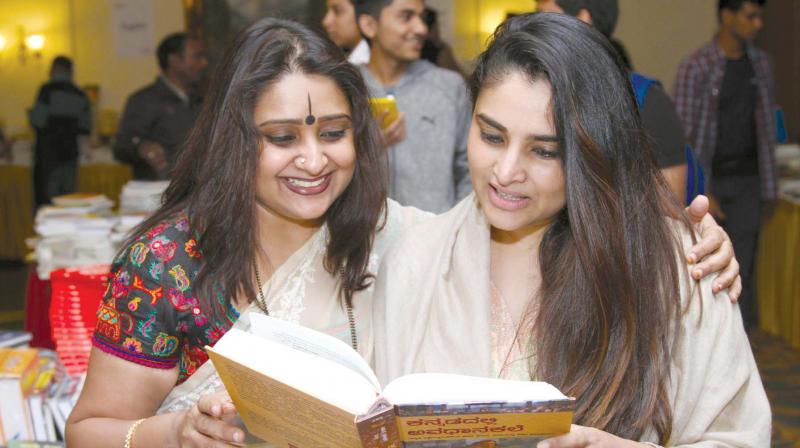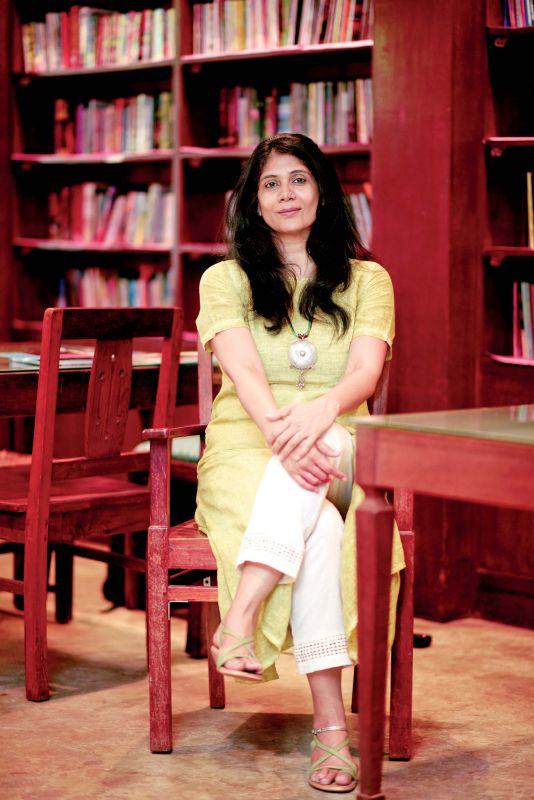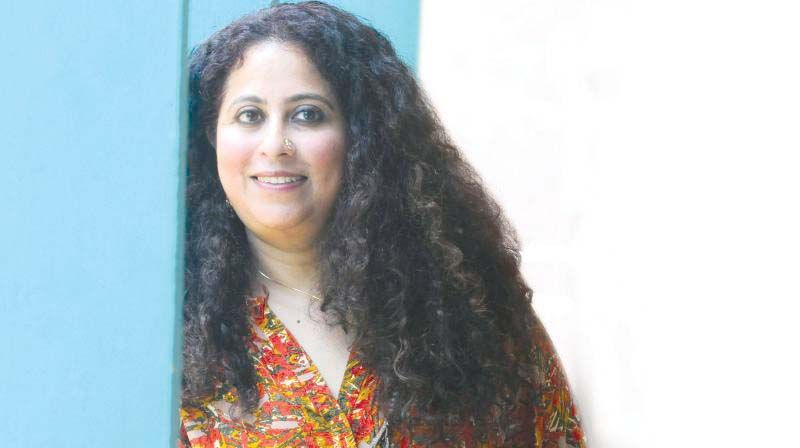Write to change
Female writers from across India will express their views on the #MeToo campaign at BLF .

Stirring a conversation or a debate about something that makes us uneasy is the first step towards acting on the problem. With the #MeToo movement gaining momentum across the country, even writers and chroniclers of life are taking matters into their own hands — or in this case onto their empty pages. Women from the writers fraternity who will be meeting for the Bangalore Literature Festival have many #MeToo opinions to share, even as many others open up about harassments faced at the work place.
Helming many a debate on the same, and providing a platform for people to voice their opinion and spread awareness, the Bangalore Literature Festival 2018’s panel discussion on #MeToo will see writers take a stand to make an impact. Sandhya Menon, Vinitha Nanda and Sister Jesme will be a part of the panel and we explore how writers can be the change.
Shinie Antony, the director of the festival, speaks of her expectations from the panel discussion, “We want the movement to gain more momentum, and lend clarity to what happens next. The panel has been planned with great expectations; to be up to date on the movement in the Indian context, to slice through the misunderstandings around it; and finally to celebrate the loud voicing of a taboo word. The movement is an underground ripple that over the years gathered enough current to gush through every crack on the ground.”
Sandhya Menon, a prominent author and an independent journalist will also be a part of the panel. She tells us what her aim behind being part of the panel is. “It is important to ensure that the movement has an impact and work places take action against those accused. We want to make women out there comfortable talking about it because it is important. You are entitled to work place safety and nobody can take that away from you. Sister Jesme is on the same panel as I am, and is a voice that must be heard. She is talking about sexual harassment in church, and we know what it is like to speak up against something as powerful as a church. We also want to throw light on the need for legal recourse.”
 Shinie Antony
Shinie Antony
People often ask the question as to how these panel discussions or conversations about such a movement can be helpful. Living in a society that teaches women to be submissive and quiet, which brushes away anything that can dent one’s family reputation demands us to talk about it, to say it’s only fair to fight for your rights.
Anita Nair, an author, says, “These panel discussions and debates air thoughts. It opens room for discussion, most of which was not happening earlier. There is a probability of airing different point of views. It will bring to light many things that were hushed up. For it to have a lasting effect, it needs to percolate down to various kinds of people who won't be at these literary festivals and events. I also feel it needs to be introduced into the school curriculum; to be taught how to treat women with respect and dignity, knowing when to accept a no.”
 Anita Nair
Anita Nair
Prithvi Chandavarkar, a lecturer at Jain College and a feminist is of the opinion that this discussion should not restrict itself to the space of a literary festival. He says, “I think it is catering to a relatively exclusive crowd. It will enhance the knowledge of anybody who enters the festival but I feel people who need to know about it are people who are not going to be there. While the attempt is very novel, and will, no doubt, have a positive impact I think it’s missing the point. It’s missing the middle class, the working class, and most people who are into IT, people who are not artists or theatre enthusiasts. As a solution, I would suggest that they broadcast the event on social media live, tie up with these IT companies and encourage them to send their employees to the fest. We literature majors are a very elite bunch of people, having an impact will require us to branch out.”

